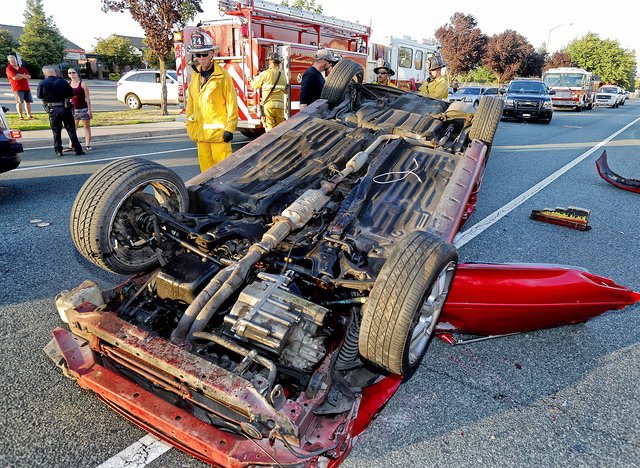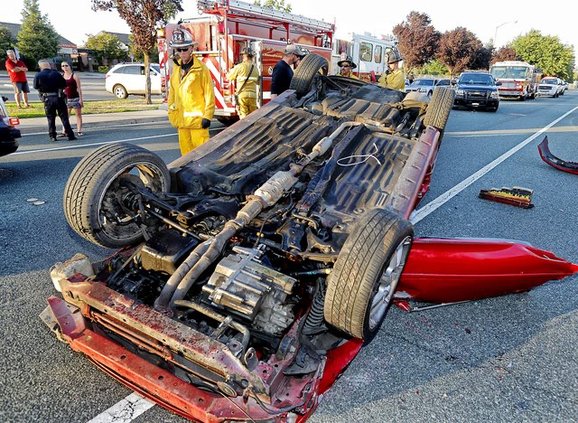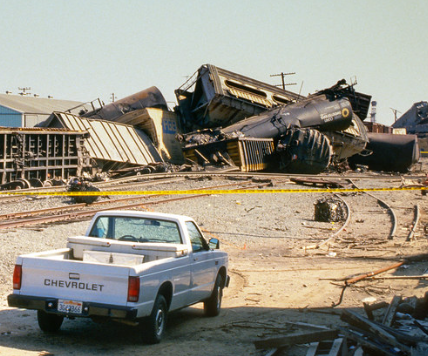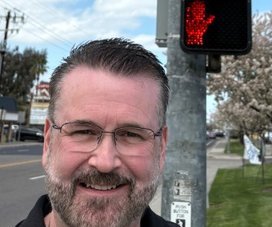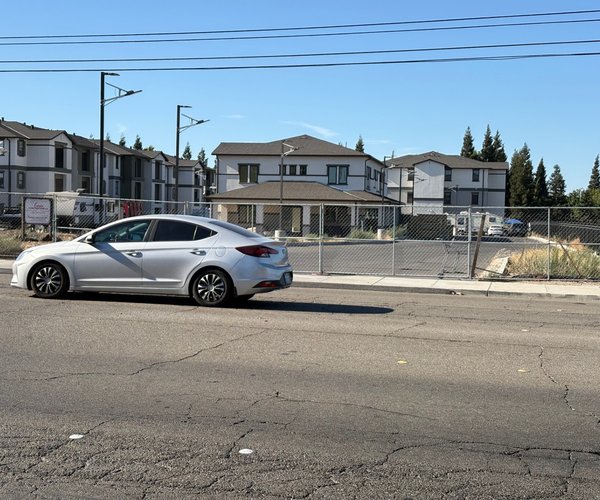Worried about criminal causing financial loss, serious injury, or even death?
If you live in Manteca you’ve got bigger worries for the safety and financial well-being of yourself, your family, and your neighbors.
You should literally fear the streets.
This past week’s two traffic fatalities — one apparently tied to speeding and the other to someone not paying attention to steering a 4,000 pound deadly weapon — is a stark reminder.
That reminder is this: We are much safer and secure in our homes than we are driving, walking, or bicycling around Manteca.
There were 478 burglaries and 317 vehicle thefts in Manteca during 2023 compared to more than 1,000 traffic “accidents.”
Even if you toss in armed robberies and assaults, traffic accidents still outnumber the crimes we are apprehensive about.
Keep in mind traffic collisions are the ones reported or handled by Manteca Police. They typically involve significant property loss, medical costs, and financial losses.
Those losses far exceed that from crime when you use the countrywide average for the cost of various auto accidents scenarios — non-injury, slight damage, moderate damage, serious injury, death, and major damage — compiled by insurance institutions and federal agencies dealing with traffic safety.
Then there are the hidden losses.
Total a car that is worth $3,000 but $7,000 is owed on it, and the financial hit skyrockets.
And then there is the unexpected cost of suddenly having to spend serious cash for a replacement vehicle.
As far as injuries and even death, traffic collisions leave two crimes that most of us fear or at least apprehensive about in the dust.
The worst part is we all can play a role in reducing traffic accidents but most of us don’t do so on a vigilant basis.
Who among us is without sin when it comes to exceeding the speed limit — or more importantly driving at speeds safe than conditions require which is the basic California speed law?
It’s a safe bet all of us during the course of a week, commit some degree of a California rolling stop and not come to a “complete” stop at a stop sign before proceeding.
Absolute compliance to traffic laws is never going to happen.
But if we target some of our most egregious driving behavior it‘ll help reduce the chances of “accidents” happening.
And it’s “accidents” because rarely is a traffic mishap that — an accident.
They involve people not paying attention, speeding, not properly maintaining their vehicles, or pushing their luck.
Manteca leaders after years of taking the advice of consultants and even staff at the time to either have a death grip on textbook planning or to make the review process for traffic calming devices longer than the gestation period for an elephant, have championed common sense.
The reason is simple: Passive traffic calming measures are much more effective, cost significantly less, and are on the job 24/7.
Do not misunderstand.
Manteca Police need more officers, especially those dedicate to the traffic unit.
But they can’t be everywhere 24/7.
Nor can they be around the clock at high risk area defined by where collisions, speeding, red light running, and other moving violations that are contributing factors to making streets less safe.
Everything from speed lumps and roundabouts to stop signs and even high visibility crosswalks are proven ways to reduce the frequency and severity of collisions.
Less than 15 hours after a man died Thursday night crossing Yosemite Avenue, two vehicles in quick succession clearly ran a red light at the nearby Powers Avenue intersection driving at a fairly high rate of speed.
The intersection is not one of the five in Manteca that will have red light cameras installed in the coming weeks.
If the cameras have a residual effect as they have elsewhere, Manteca will start to see a drop off in red light running citywide.
The odds are, however, is Manteca will still be left with a hardcore element when it comes to traffic violations.
It is much like crime.
Generally speaking, 90 percent of crime committed can be tied into 10 percent of those the criminal justice system deals with.
In a perfect world, getting hit with a $500 or so ticket — and/or hearing others getting snagged by high tech running red lights — would make everyone stop such behavior.
It won’t.
It is why the best possible enforcement level we can hope for is for Manteca to get a reputation between the deployment of red light cameras, speed lumps, other passive traffic calming devices, and a stepped up issuance of tickets for moving violation as being essentially a city that is hardcore when it comes to dealing with wild driving.
That would likely make 90 percent or so of motorists more attentive to what they do behind the wheel, at least in Manteca.
It’s kind of like towns across the country in the 1950s and 1960s that operated what are now illegal speed traps on highways passing through their jurisdiction.
Word spread far and wide, earning those towns monikers of being speed traps.
It didn’t stop all speeding, but it helped reduce it.
it also wasn’t 24/7 so one could tempt fate and get away with it most of the time.
Not the case with things such as red light cameras that are working 24/7, 365 days a year.
As far as calling such driving “wild”, that is exactly what it is.
Driving as if the rules of the road that are essentially rules of engagement with fellow citizens don’t apply to you, is acting wild.
Former Manteca Mayor Ben Cantu nailed it when he said the city had to do sow thing about the “wild west” mentality on city streets.
The city is headed in the right direction, but as Cantu might note, it is still not enough and efforts need to be expanded sooner than later.
This column is the opinion of editor, Dennis Wyatt, and does not necessarily represent the opinions of The Bulletin or 209 Multimedia. He can be reached at dwyatt@mantecabulletin.com
